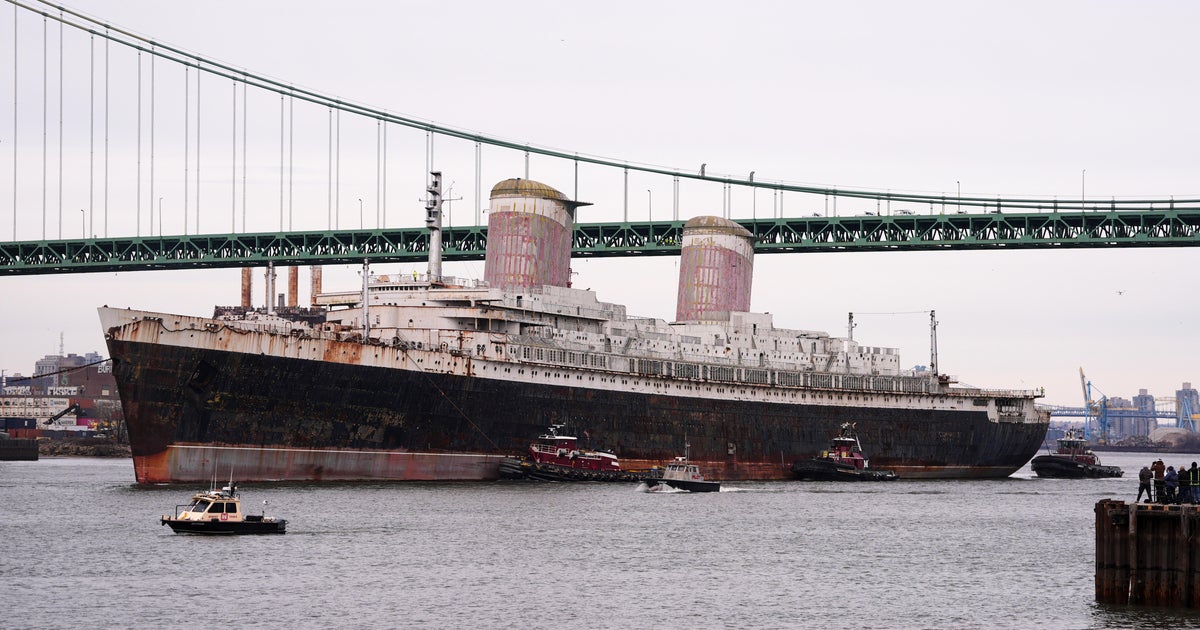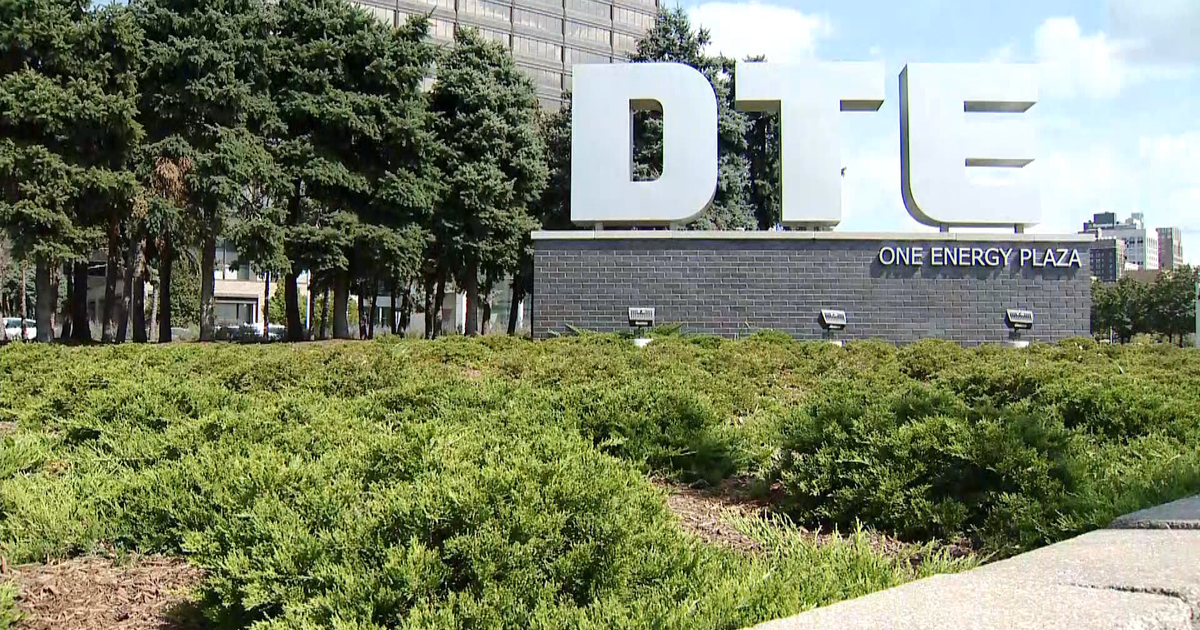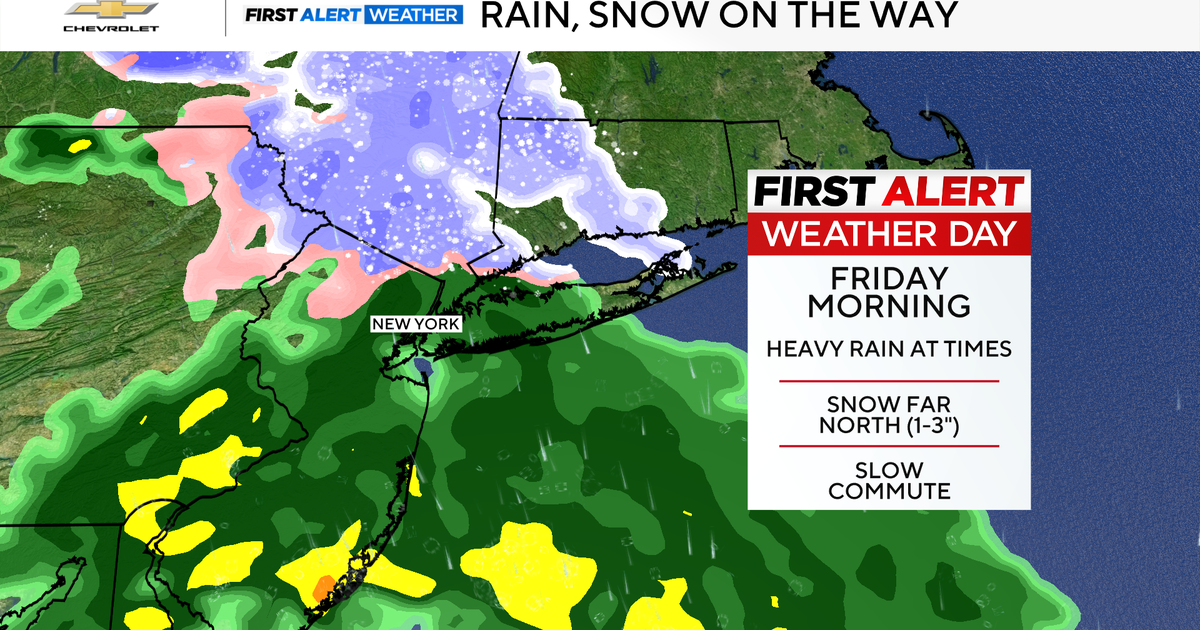Oakland company owner says tariff impacts beginning to show at Port of Oakland
OAKLAND — An Oakland company said they have no choice but to send employees home early because there just isn't enough work to go around.
They think tariffs could be partly to blame for the slowdown.
The Port of Oakland is usually filled with colorful shipping containers that line the coast, but lately, Bill Aboudi has noticed it looking a bit different.
"You can see gaps in the container parking spaces," said Aboudi.
Aboudi is the president of Oakland Maritime Support Services, a 15-acre truck parking and service facility for the thousands of truckers coming to and from the Port of Oakland daily.
But since the new tariffs out of Washington, DC, that went into effect earlier this month, Aboudi said things have been slower at their service facility.
"It's giving our customers an atmosphere of uncertainty, and so they're not ordering as much," said Aboudi.
He showed CBS Bay Area that his facility is emptier.
"We would normally come out to here with double loading because we're out of space, but now you can see we have plenty of space there," said Aboudi. "I also have a special project going on in the other part of my yard. That's how slow it is."
He also has a row of trucks that would usually be hauling containers. Now, they're just sitting there. He has had to send many of his workers home early.
"If I can't pay you, I can't keep you on the clock. So, we are sending people home, and we hope there's a return in business after this is settled," he said.
The port saw a 9% increase in imports in March, which Aboudi believes was an attempt to beat the tariffs.
In a statement, the Port of Oakland admits they have seen a slowdown.
"Over the past few weeks, we have seen a modest number of vessel service reductions, situations where shipping lines cancel scheduled voyages or skip ports on their shipping routes, known as 'blank sailings,' which are common during periods of market uncertainty."
The statement goes on to say the move is a sign of cautious planning by ocean carriers in response to shifting trade dynamics, but Aboudi thinks things need to shift a different way.
"We're being a bully to the rest of the world, and we need to learn to play nice," said Aboudi.
He said he feels for everyone, because for now, everyone is going to be impacted.
"This is a chain, a logistical chain," Said Aboudi. "The longshoremen are going to feel it because there's going to be less cargo coming off those ships, so they're going to work less hours. We're going to feel it because we pull the containers. We bring them to warehouses. They're going to feel it because they don't need those warehouse people. The ultimate is going to be the consumer. We're going to feel it in our wallet. That dollars not going too far."







